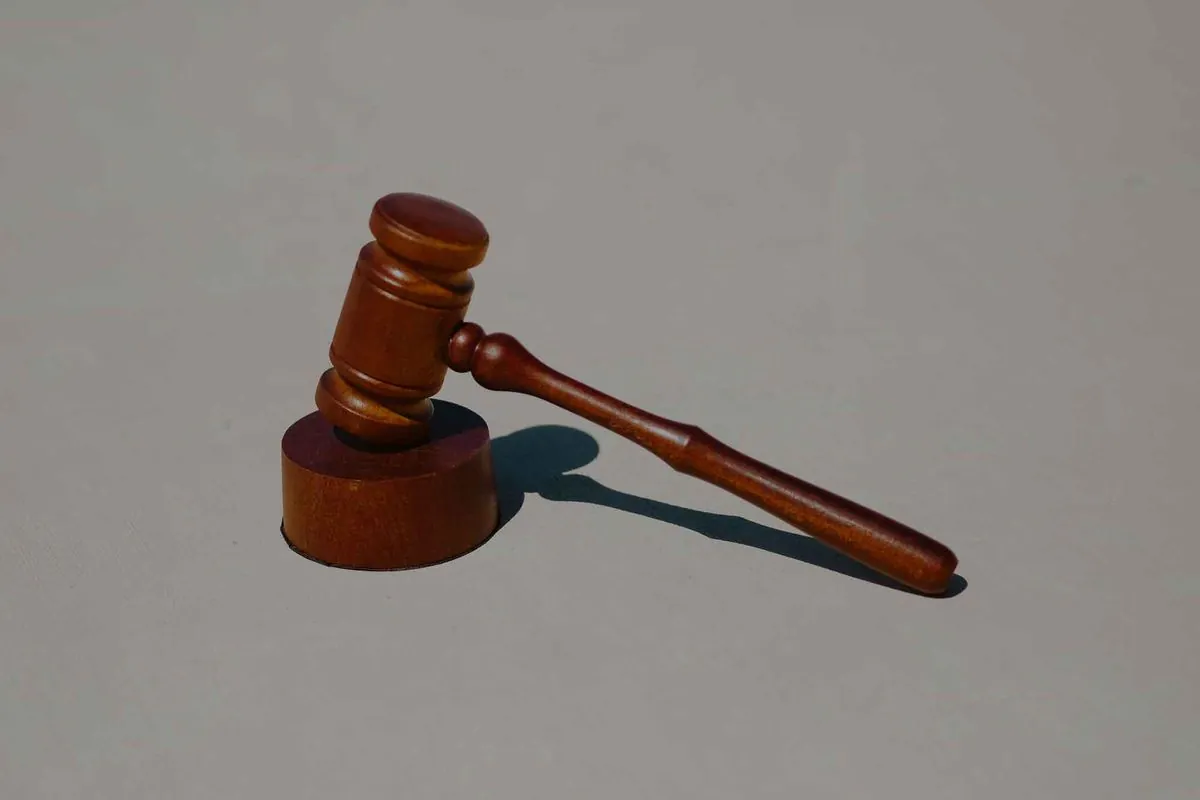Texas Woman's Legal Battle Halted Despite "Egregious Misconduct" in Drug Case
A U.S. appeals court dismissed Erma Wilson's lawsuit over her 2001 drug conviction, despite acknowledging serious misconduct. The ruling requires Wilson to overturn her conviction before seeking damages.

In a controversial decision, the 5th Circuit U.S. Court of Appeals has dismissed Erma Wilson's lawsuit against Midland County, Texas, and two former prosecutors. The case, stemming from a 23-year-old drug conviction, highlights the complexities of the American legal system and the challenges faced by individuals seeking redress for alleged misconduct.
Wilson was convicted of felony drug possession in 2001, receiving an eight-year suspended sentence. The case gained renewed attention when USA Today reported in 2021 about the dual roles of prosecutor Weldon "Ralph" Petty, who simultaneously worked as a law clerk for judges overseeing his cases. This revelation raised serious questions about the integrity of Wilson's trial and numerous others.
The impact of the conviction on Wilson's life has been significant. Unable to pursue her dream of becoming a nurse due to Texas laws denying nursing licenses to those with drug-related offenses, she instead became a certified nursing assistant and home health aide. These professions, while valuable, typically offer lower salaries and fewer advancement opportunities compared to registered nursing.
Despite acknowledging the "egregious misconduct" in Wilson's original trial, the appeals court ruled that she must first overturn her conviction or obtain a pardon before seeking damages. This decision is based on the U.S. Supreme Court's 1994 ruling in Heck v. Humphrey, which established the "Heck rule" in civil rights cases.
The court's decision has drawn criticism from legal experts and dissenting judges. Judge Don Willett, in his dissenting opinion, called it "bizarre" to force Wilson to return to the same state courts that had wronged her initially. This sentiment reflects the complex interplay between state and federal jurisdictions in the U.S. legal system.
Jaba Tsitsuashvili, an attorney for Wilson at the Institute for Justice, expressed disappointment with the ruling and announced plans to petition the U.S. Supreme Court to hear the case. Given that the Supreme Court receives thousands of petitions each term but only hears a small fraction, Wilson's legal journey may face significant challenges ahead.
The case raises important questions about due process, conflict of interest, and the remedies available to individuals who have suffered from judicial misconduct. It also highlights the long-lasting consequences of drug convictions, particularly in states like Texas where such offenses can permanently bar individuals from certain professions.
As the legal battle continues, Wilson's case serves as a stark reminder of the complexities and potential flaws within the American justice system. It underscores the need for robust checks and balances to ensure fair trials and the importance of providing meaningful recourse for those who have been wronged by the very institutions designed to protect their rights.


































